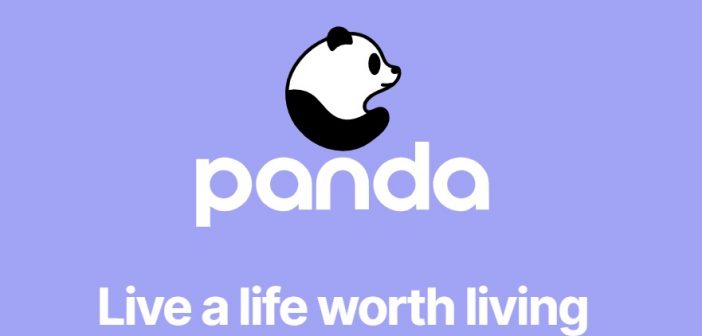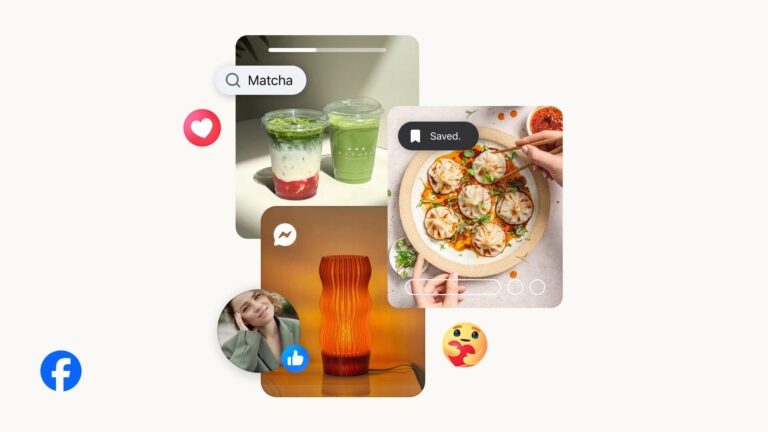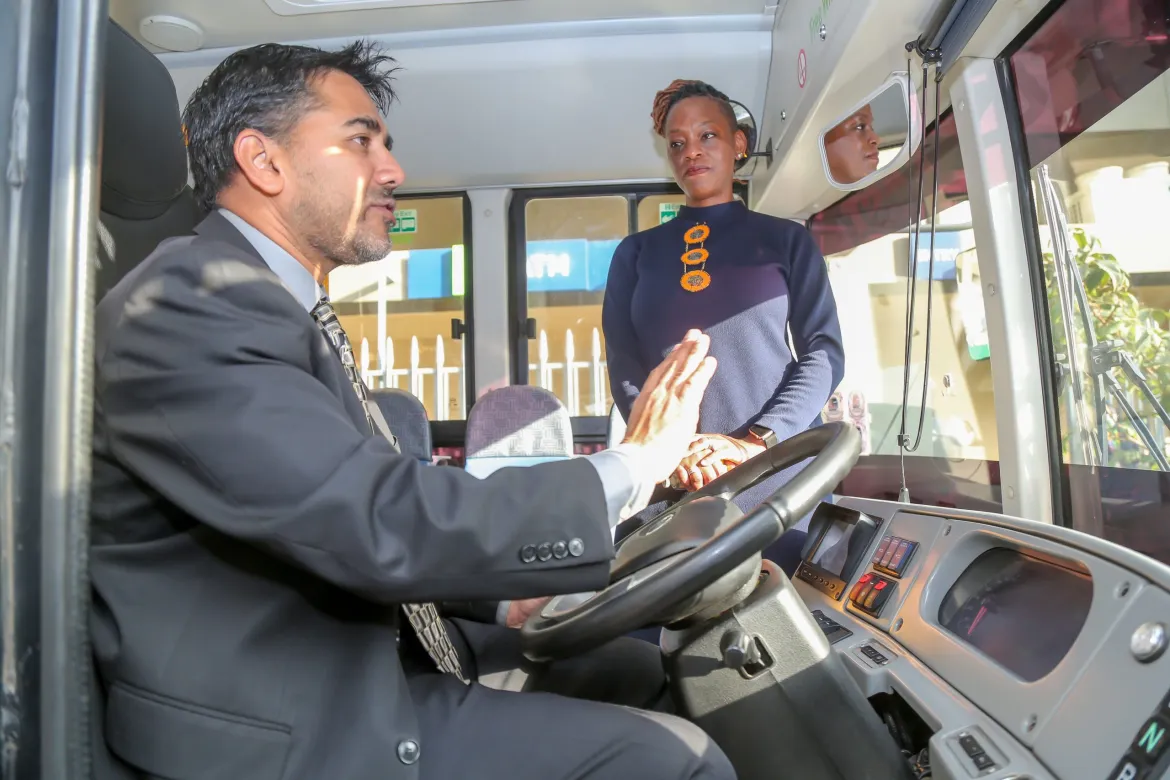A South African startup Panda has launched a mental health support app

Panda, a South African startup, has launched a mental health support app that provides users with online tools, activities, and support to help them manage their mental health.
Panda is the brainchild of Alon Lits, former GM and director of Uber South Africa, and Allan Sweidan, a mental health expert and clinical psychologist who co-founded the Akeso Group of Psychiatric Hospitals.
The two have collaborated to create the Panda app, which gives users access to mental health support and resources. The Bamboo Forest, where Panda users can engage with peers experiencing similar issues in a safe, anonymous, audio-only environment; chat support, where users can connect with registered counsellors; life skills content; and screening assessments are among the features.
In the near future, users will be able to connect with a mental health expert and make appointments, pay, and consult through the app.
“I’ve always been intrigued by the challenge of increasing access to mental health care.” In my previous life, as the founder and CEO of Akeso, we built seven new psychiatric hospitals in areas where there was no access to inpatient care over a seven-year period. However, more than 75% of people who have mental health problems do not have any access to care. “Even where care is available, people don’t know what kind of care they require or who to contact when they are overwhelmed,” Sweidan said.
“Additionally, there is a stigma associated with seeking help for one’s mental health or mental wellness.” When I met Alon, I realized that we could work together to create something very powerful: an app that provides various levels of mental health care and support, scales well, and can provide access to first-line, primary mental health care.”
The Panda app acts as a triage system for people suffering from psychosocial issues. Users sign in anonymously, and almost all of the care they receive on the app is anonymous, so there is much less fear of stigma or being identified by peers.
“Mental health is a pandemic, and we believe there must be a way to use technology and communities to make mental health support and care more accessible,” Lits said.
“During my time at Uber, I witnessed firsthand the massively positive impact that technology can have on an industry, the economy, and, most importantly, the lives of individuals and families, and I am confident that Panda has the potential to deliver the same positive impacts, on the mental health industry as a whole and in the lives of millions of people experiencing mental health challenges.”
Panda, which has been self-funded thus far, reports a “steady stream of downloads” since launch, as well as positive initial user feedback. The startup stated that it aspires to be a global company that competes with the leading players in the mental health-tech space.







